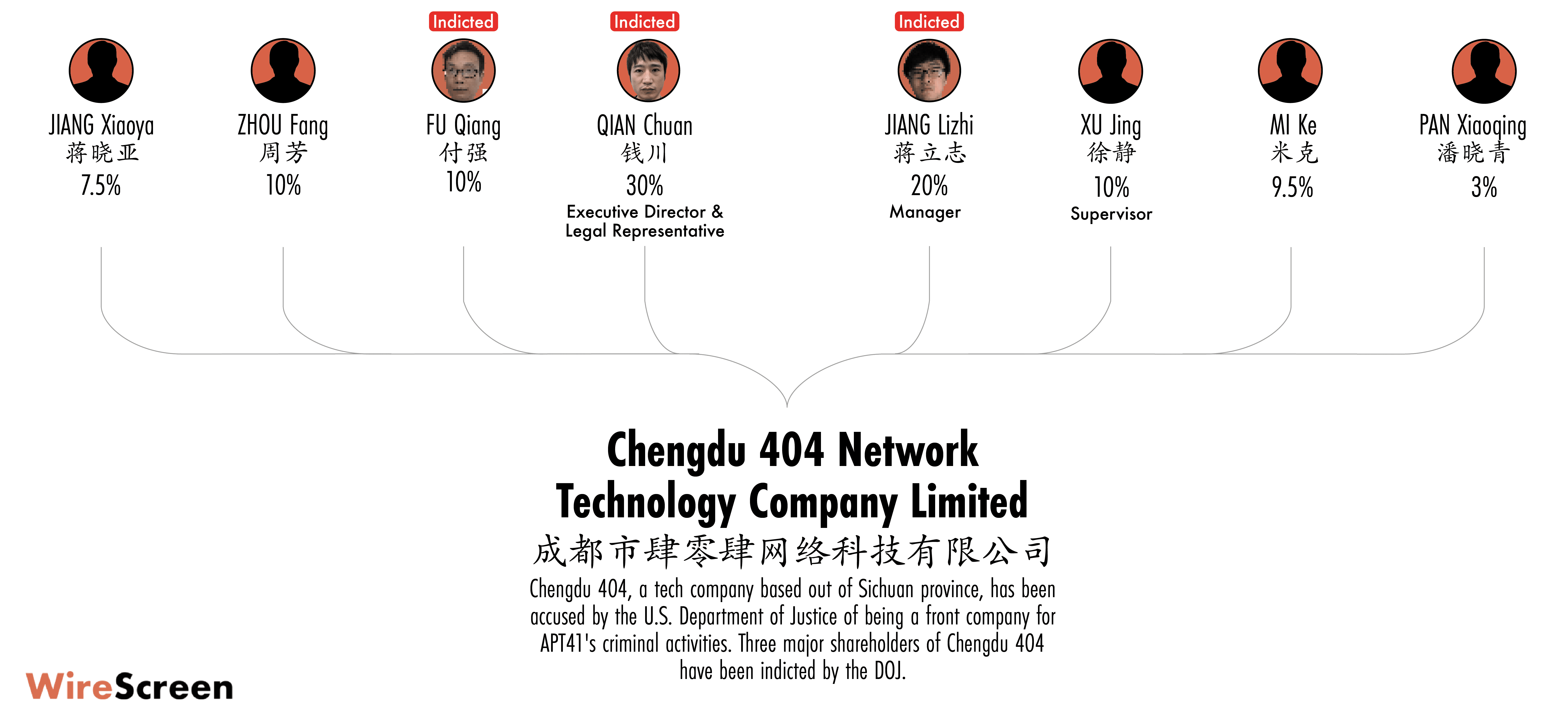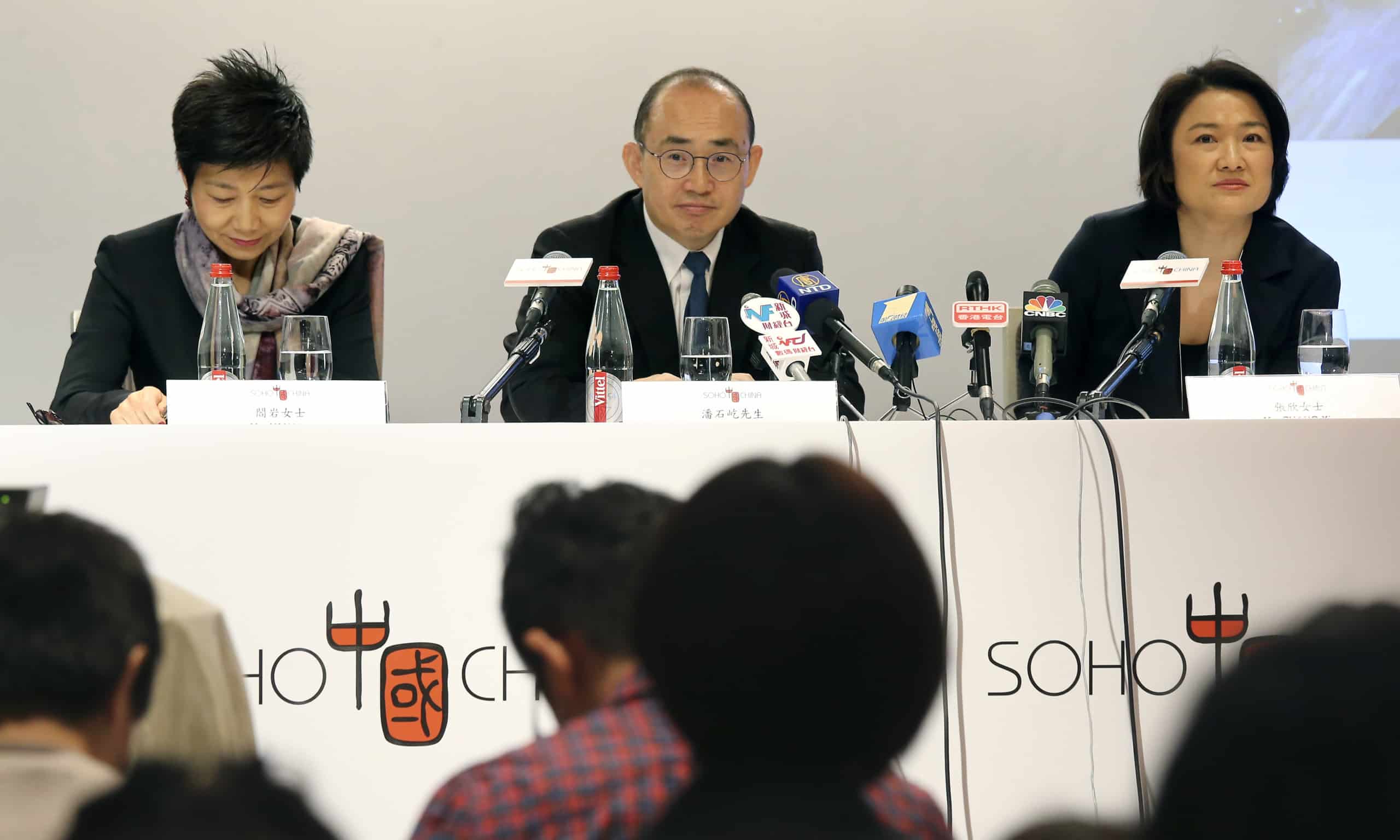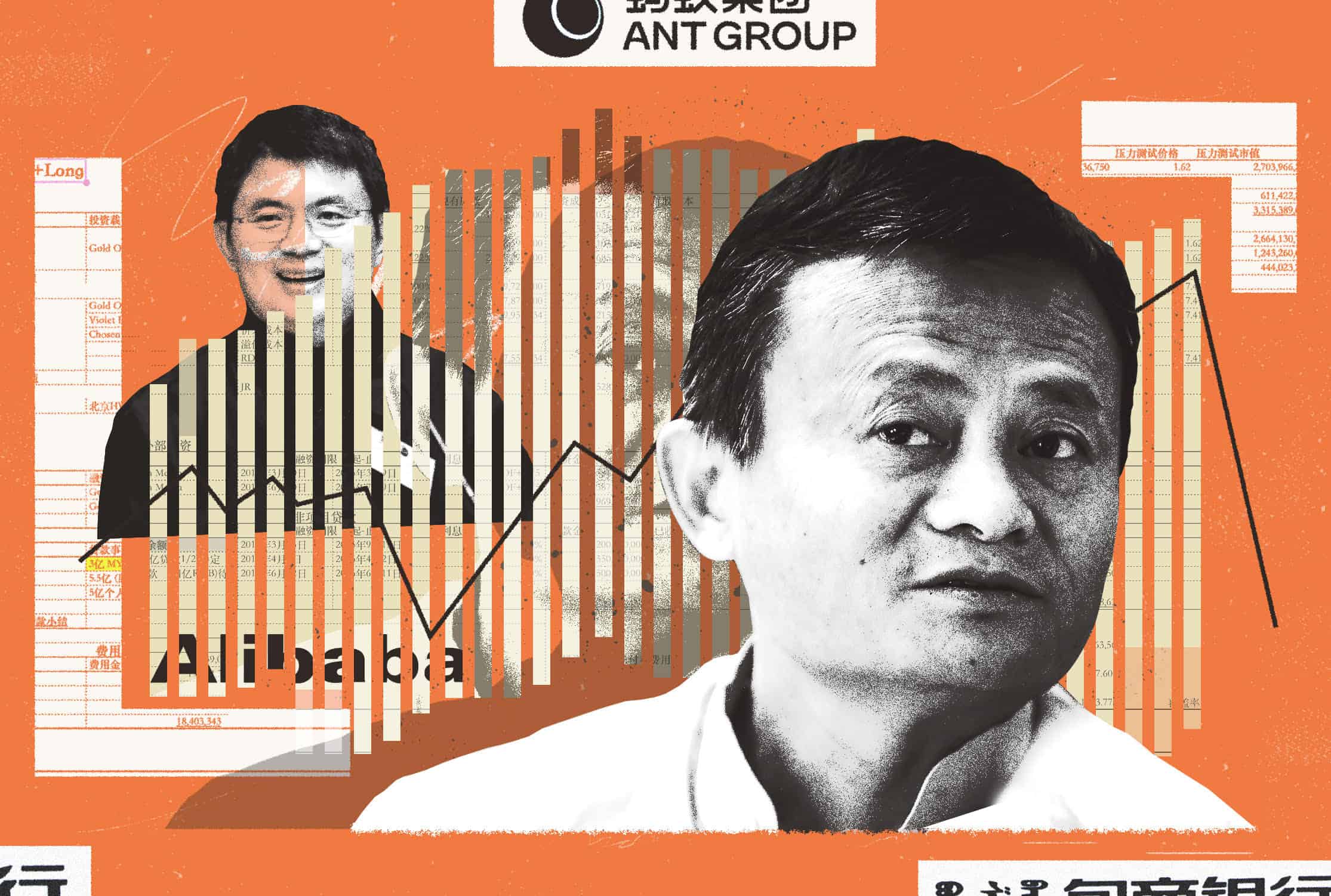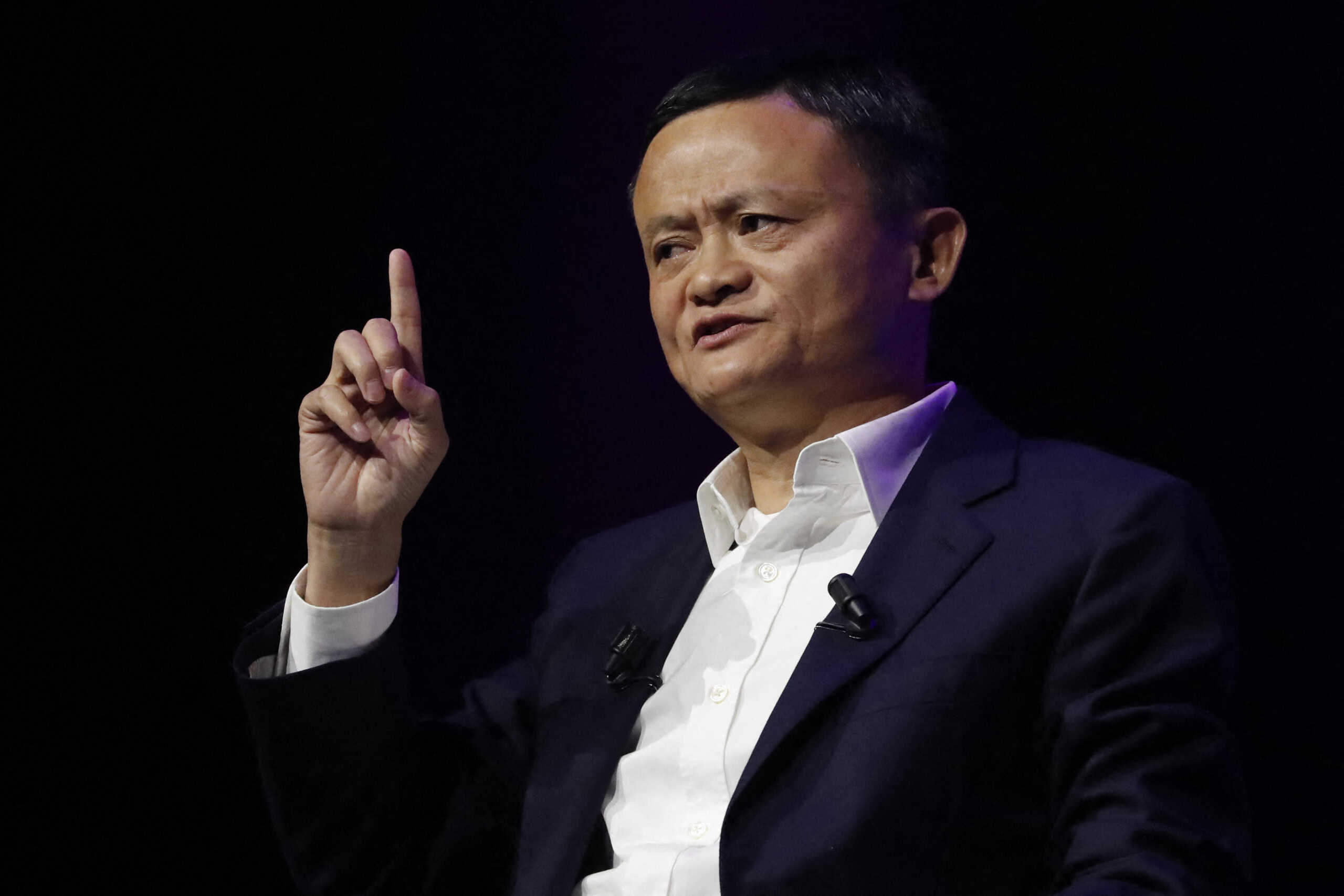Good evening. Did you know that CATL, the Chinese battery maker, has created more billionaires than either Google or Facebook? Our cover story this week explains the rise of the little known Chinese company as well as its centrality to the green revolution. Elsewhere, we have infographics on APT41, one of China’s most infamous civilian hacking groups; an interview with Fred Bergsten on rewriting the rules of the U.S.-China relationship; a reported piece on the recent troubles of Soho China, once one of China’s hottest property developers; and an op-ed about the recent leaked data that show China’s population is shrinking fast. If you’re not already a paid subscriber to The Wire, please sign up here.
Want this emailed directly to your inbox? Sign up to receive our free newsletter.

The Battery King
By 2020, the Chinese battery maker CATL was supplying almost every electric carmaker, giving the company a dominant position in the transition away from fossil fuels. How did a Chinese company that few people have heard of manage to defeat the world’s best carmakers at their own game? In this excerpt from his new book, Volt Rush: The Winners and Losers in the Race to Go Green, Henry Sanderson explains the rise of CATL.

The Big Picture: Who is APT41?
APTs — or Advanced Persistent Threats, a term coined by the U.S. Airforce — are a common source of Chinese cyber attacks. They are made up of talented civilian hackers who the government often enlists to carry out cyber intrusions globally. This week, infographics by Garrett O’Brien take a deep dive into APT41, one of the most aggressive and effective groups that has a long relationship with the Chinese government.
A Q&A with Fred Bergsten

C. Fred Bergsten has for decades been one of the most influential economists in the U.S., having served under several presidents and having founded, in 1981, the Peterson Institute for International Economics. In this week’s Q&A with David Barboza, he talks about rewriting the rules of the U.S.-China relationship; China’s affect on the U.S. psyche; why globalization has been on the defensive for 25 years; and why economic leverage doesn’t work to change China’s behavior.
Fred Bergsten
Illustration by Kate Copeland

So Long, Soho?
From a failed takeover from U.S. private equity giant Blackstone to an insider trading probe, it’s been a rough year for Soho China, which was once one of China’s hottest property developers. Katrina Northrop reports on the broader issues in the Chinese property market as well as why many see Soho’s husband-and-wife founders as two more victims of Beijing’s crackdown on business moguls.

Leaked Data Show China’s Population Is Shrinking Fast
Because China has always massaged its demographic figures, there are endless debates about the true size and growth trajectory of the country’s population. But as Yi Fuxian, a senior scientist at the University of Wisconsin-Madison and author of Big Country with an Empty Nest, argues in this week’s op-ed, a recent, large-scale data breach offers some sorely needed clarity.
Subscribe today for unlimited access, starting at only $19 a month.



